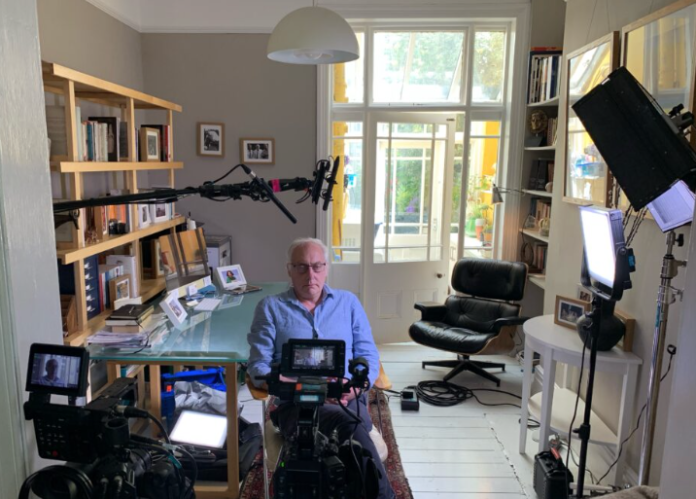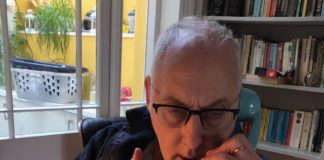- Massaging the truth - 27th February 2026
- ‘It’s the new economy, stupid…’ - 27th February 2026
- Eyes right… - 26th February 2026

Covering major political changes has always been central for our Editor, Welshman Phil Parry but perhaps none has been as important as devolution, with now, a meeting between all the heads of government, which was condemned as a ‘talking shop’, beginning to gain traction.
Earlier Phil has described how he was helped to break into the South Wales Echo office car when he was a cub reporter, recalled his early career as a journalist, the importance of experience in the job, and making clear that the‘calls’ to emergency services as well as court cases are central to any media operation.
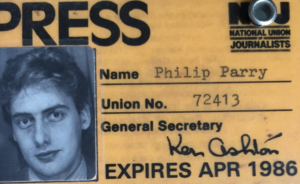 He has also explored how poorly paid most journalism is when trainee reporters had to live in squalid flats, the vital role of expenses, and about one of his most important stories on the now-scrapped 53 year-old BBC Wales TV Current Affairs series, Week In Week Out (WIWO), which won an award even after it was axed, long after his career really took off.
He has also explored how poorly paid most journalism is when trainee reporters had to live in squalid flats, the vital role of expenses, and about one of his most important stories on the now-scrapped 53 year-old BBC Wales TV Current Affairs series, Week In Week Out (WIWO), which won an award even after it was axed, long after his career really took off.

Phil has explained too how crucial it is actually to speak to people, the virtue of speed as well as accuracy, why knowledge of history and teaching the subject is vital, how certain material was removed from TV Current Affairs programmes when secret cameras had to be used, and some of those he has interviewed.
He has disclosed as well why investigative journalism is needed now more than ever although others have different opinions, how the coronavirus (Covid-19) lockdown played havoc with media schedules, and the importance of the hugely lower average age of some political leaders compared with when he started reporting.
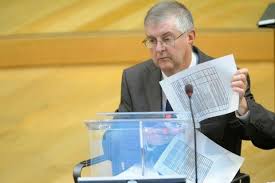
You need to put your false teeth in when you say it.
It is: ‘The Prime Minister and Heads of Devolved Government Council’, and held its inaugural meeting in November.
Mark Drakeford dialled in, Rishi Sunak, and Nicola Sturgeon (then Scottish First Minister [SFM]) squeezed into a pokey hotel suite in Blackpool, although as there was no devolved government in Belfast a Northern Irish First Minister (FM) was absent.
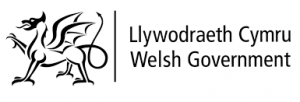
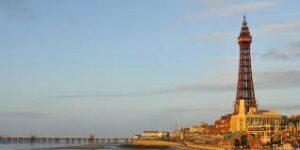
The meeting was in Blackpool, which is roughly at the mid point, between Cardiff, London, Belfast and Edinburgh.
It almost doesn’t matter what was discussed – as it happens it was the economic outlook, how the governments should work together to address the cost of living, the impact of rising inflation, and the shared challenges in supporting the NHS.
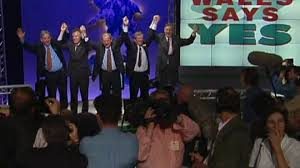
What is important is that it took place at all!
Wales being at the meeting was (ultimately) a result of the incredibly narrow referendum win in favour of Welsh devolution – 50.38 per cent against 49.70 per cent – which I covered in a draughty leisure centre.
In fact it was such a narrow victory, that I didn’t know that it had been won (I was stationed at one of the counts, in the South Wales valleys) until I returned to my home in Cardiff, and I conducted my recorded interview for the next day on the basis that it had been LOST!
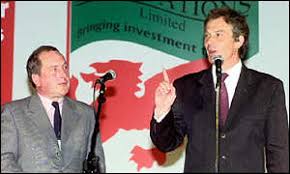
People forget, perhaps, that this victory by such a tiny margin was largely a reflection of the enormous hostility to devolution in Wales.
Former Prime Minister Tony Blair has admitted that he had to “steamroller” the policy through, overriding objections from many within his own party.
The 1997 referendums in Wales and Scotland took place after Labour had made it a manifesto commitment in that year’s General Election campaign, after which it won by a landslide.
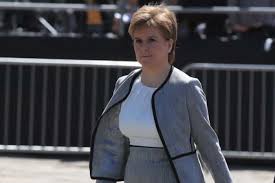
Scotland voted by a three-to-one margin in favour of a parliament, but the ‘Yes’ campaign triumph in Wales was miniscule, and Mr Blair told BBC Cymru Wales (BBC CW): “There were real worries about it (devolution)“.
In my opinion there was a number of big changes that have affected Wales in recent years, and I was privileged to have covered ALL of them, with devolution top of the list.
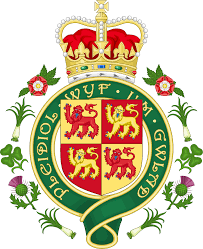
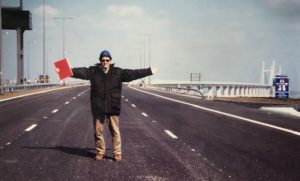
The others are:
- The miners’ strike.
- Mass unemployment as the economy was shifted from a manufacturing to a services base, and all the deep mines were closed down.
- A second Welsh language act.
- The Second Severn Crossing (SSC).
I witnessed at first hand the violence during the 1984 to 1985 miners’ strike, as those who were keen to return to work were bussed in.

The strike effectively ended in Porthcawl at a conference there, when South Wales miners (who until that point had been virtually rock solid in favour of coming out) voted to go back, and then it was all over.
I was lucky enough to be there, too.
That was when I was a trainee on the South Wales Echo (SWE).
As a reporter on BBC Cymru Wales Today (WT) we learned that the walls of the Welsh Office were to be daubed with slogans calling for a new Welsh language act, and I was despatched to cover it.
 I interviewed a senior politician there who was defending the protesters.
I interviewed a senior politician there who was defending the protesters.
By the time the SSC was opened in 1996, I had moved to become the face of the BBC CW Current Affairs series Week In, Week Out (WIWO).
For our programme about it I had to interview an official high up on one of the overhead gantries.
However I am not very good with heights and every so often I would grab the handrail behind this interviewee, and it would creep into shot.
My cameraman kept having to slap my hand to get it out of the way!
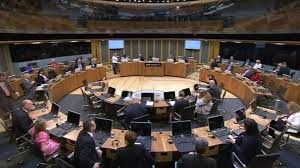
At least I didn’t slap down the importance of that devolution vote.
Whether you are in favour or against what is now in the Welsh Parliament (WP)/Senedd Cymru (SC), you cannot deny the importance of the issues it handles today…
The memories of Phil’s extraordinary decades long award-winning career in journalism (including these events he has covered) as he was gripped by the rare neurological disabling condition Hereditary Spastic Paraplegia (HSP), have been released in a major book ‘A Good Story’. Order it now.

Another book, though, has not been published, because it was to have included names.
Tomorrow – how devolution has allowed the Welsh Government to impose the controversial 20 mph speed limit, which has been condemned by a leading Tory when she had herself admitted speeding.










